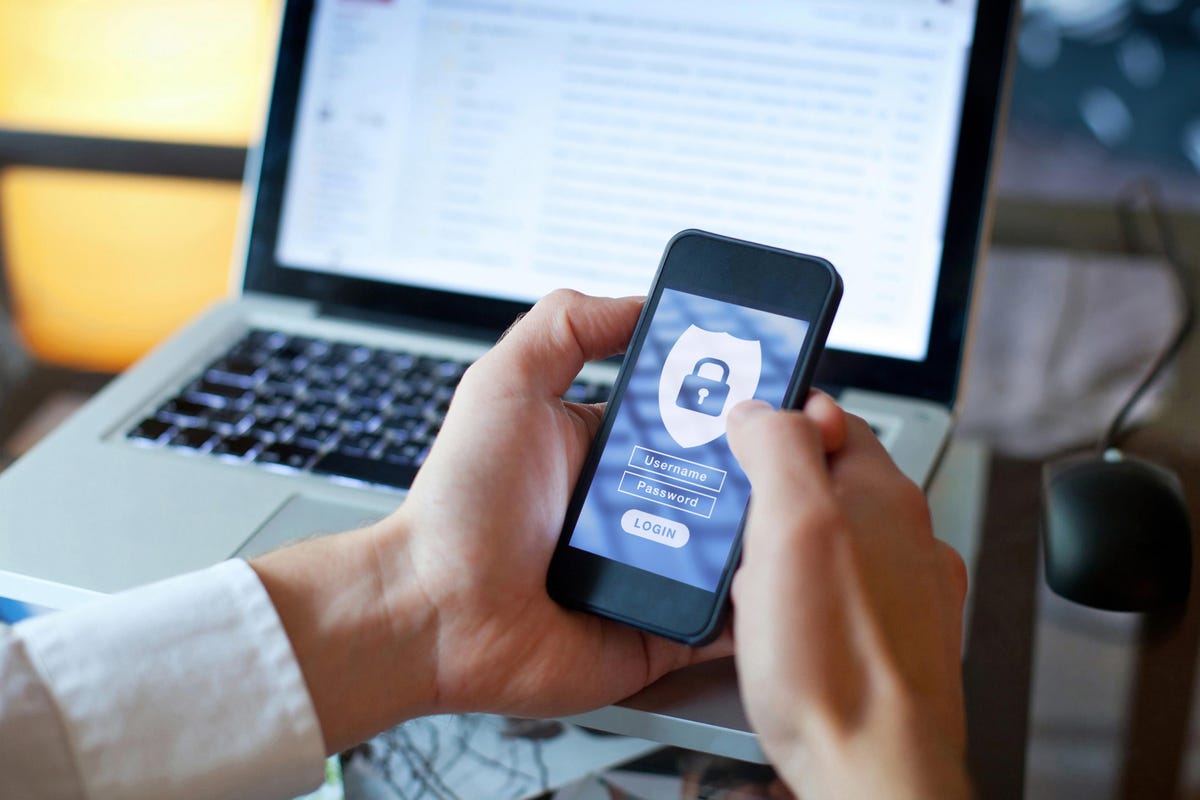
Technology is developing very quickly. Data theft and cyberattacks are growing alarmingly quickly. To prevent unauthorised access to your data, it is essential to protect the privacy of your personal information. Implementing the proper security procedures and safeguards can help to protect who has access to your data.
Sensitive and important information may be included in text messages. You can send text messages without disclosing your personal information by using the proper software. For more information on safeguarding your privacy and being anonymous while texting, click here.
The confidentiality of messages can be maintained by protecting personal information. Additionally, it will stop unauthorised users or third parties from accessing your sensitive information. Examples of a few texting privacy-protecting techniques will be discussed in this article.
Table of Contents
Tips to Protect Your Privacy and Safety of Personal Information
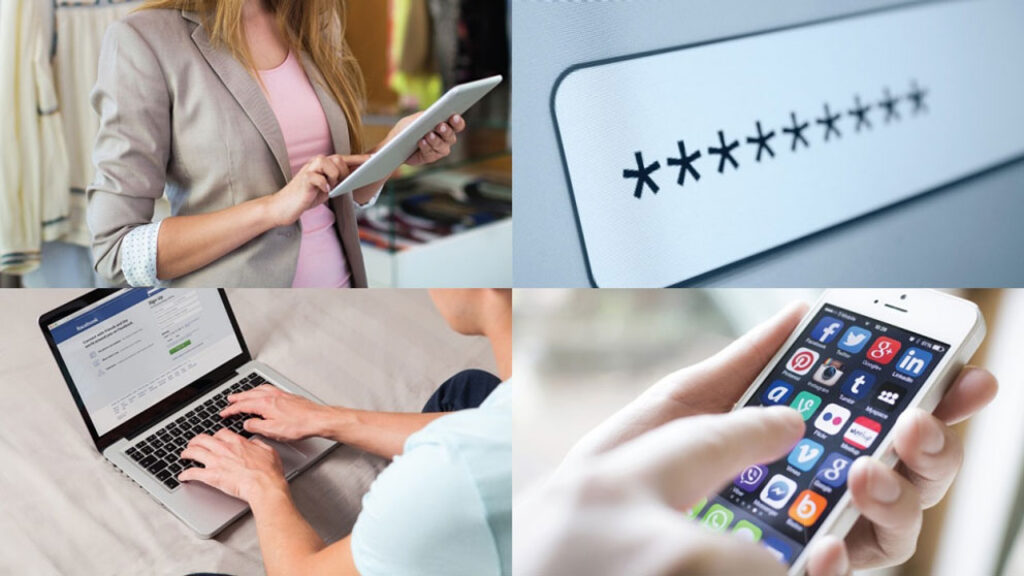
Source: fcc-fac.ca
1. Look for Platforms with End-to-End Encryption
To protect the privacy of data transferred between users in the modern era, data encryption is of vital importance. Search for digital platforms with end-to-end encryption in order to keep the confidentiality of your text messages. It will prevent any user from a third party from accessing sensitive information.
End-to-end encryption is a typical feature on the majority of digital platforms to guard against data privacy breaches and unauthorised sharing. While utilising applications like WhatsApp, Facebook Messenger, and others to send text messages, data encryption is an option and offers complete privacy.
2. Set up Two-Factor Authentication
A security measure known as two-factor authentication guarantees two levels of verification when granting access to data. You will be needed to enter both your password and a one-time code that was sent to your registered phone number or email address as part of dual identification. Two-factor authentication must be used in order to safeguard text message privacy.
Look for digital sites that utilise two-factor authentication as a security strategy. By doing this, hackers won’t be able to access your personal information without your permission. Activate two-factor authentication on both ends to prevent unauthorised access from both directions.
3. Store your Data Safely
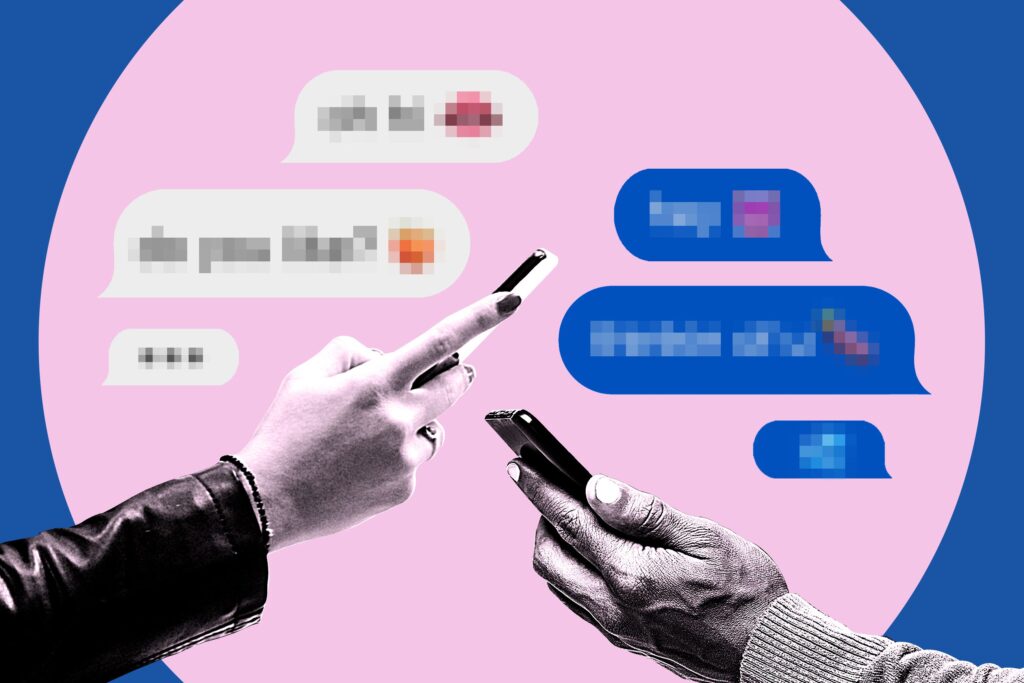
Source: washingtonpost.com
Text messages may contain sensitive information that might be useful in the future. Storing your data safely can help you to recover it easily in case of data theft or a cyber-attack. You can avail of cloud storage services to store data safely. Take a daily or weekly backup of your data and store it on cloud-based platforms.
Platforms that use the cloud have high-tech security measures and provide data encryption. Your data will be completely private, according to this. Additionally, after creating a backup, you can remove your data. It will stop anyone from improperly accessing any personal data from your text messages.
4. Update your Passwords Regularly
Another important step in preserving the privacy of your data is updating and changing passwords. By using different devices to enter your password, you increase the risk of someone else accessing your data. Regular password updates will reset your login information on any device. Additionally, it will stop unauthorised access to your personal data.
You may protect the confidentiality of your SMS messages by routinely upgrading your password. Change between different two-factor authentication modes if you want to be extra cautious about protecting the privacy of your personal information. There are several choices for two-factor authentication, and routine updates can protect your data.
5. Install the Latest Security Measures
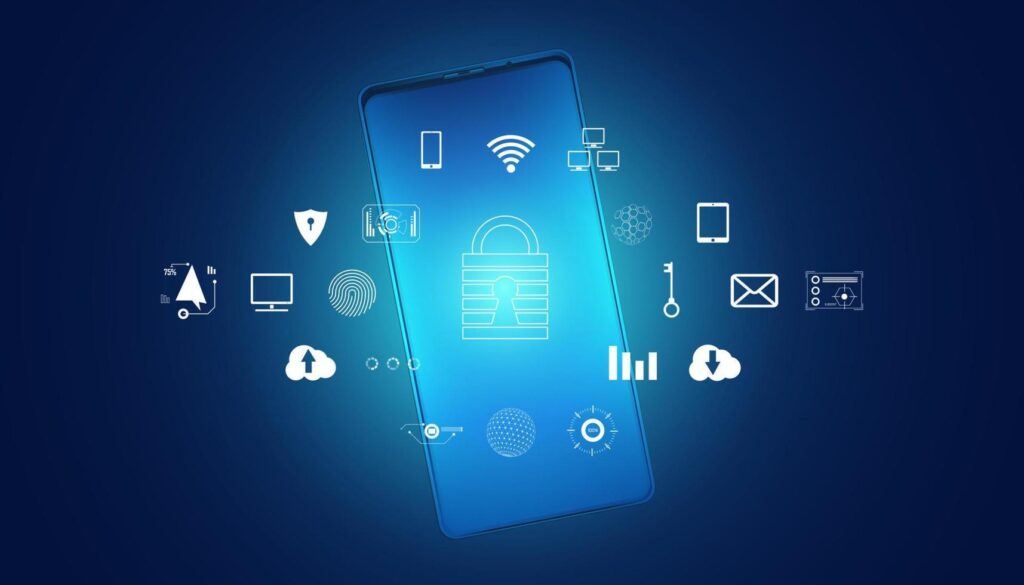
Source: vecteezy.com
New features and tools are continually being added to applications and software. To keep data safe and secure, it also includes upgrading security features. By updating apps to their most recent versions, you can protect the confidentiality of your text conversations.
A few messaging services furthermore provide immediate alerts in the event that someone tries to access your account without your permission. You can include these additional security components by frequently updating your applications. In addition, you can change the security elements to suit your requirements.
6. Use VPN Instead of Public Wi-Fi
Sending confidential information via public Wi-Fi networks should be avoided since these networks are frequently unsecured and are very easy for hackers to access. Use a reliable and secure Wi-Fi network or a cellular data connection to deliver important messages.
If you are utilizing public Wi-Fi when sending text messages, you might want to think about using a Virtual Private Network (VPN). Your internet connection is encrypted with a VPN, which helps prevent hackers and other harmful parties from intercepting your data.
7. Don’t Respond to Unknown Contacts
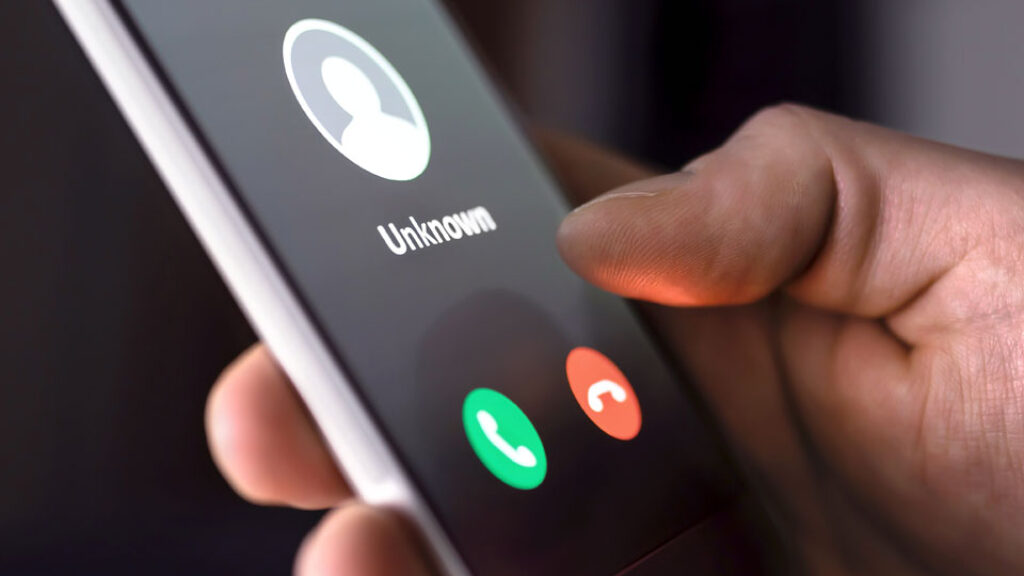
Source: abc27.com
Keep an eye out for texts from people you don’t know. Avoid responding to suspicious emails or websites, especially if they require personal or financial information. Such communications may be phishing attempts to get unauthorised access to your data. Before revealing any information, ensure that the sender is who they claim to be.
Activate the remote wipe option in your messaging programme or on your computer. In the event that your device is lost or stolen, this function enables you to remotely erase all the data on it, protecting your messages and other private information from being accessed by unauthorised people.
8. Don’t Share your Personal Information
Text messages should never be used to convey or receive private or sensitive information like your address, phone number, or financial information. Text messages are not secure and could be hacked or intercepted. Text messages should only be used to transmit critical information; they should not be utilised for private talks.
Ensure that your messaging app and other pertinent apps on your device have the permissions necessary. Unnecessary permissions should be disabled so that the app cannot access your contacts, location, or other sensitive data without your permission.
The Bottom-line
In conclusion, it is essential in today’s digital environment to preserve your privacy while texting. You may protect your confidential information, messages, and data from unauthorized access by following these tips.
Make sure your messaging app and device are up to date, use end-to-end encryption whenever possible, and take extra security measures like VPN and authentication. You can protect your privacy and ensure the security and secrecy of your text messages.







